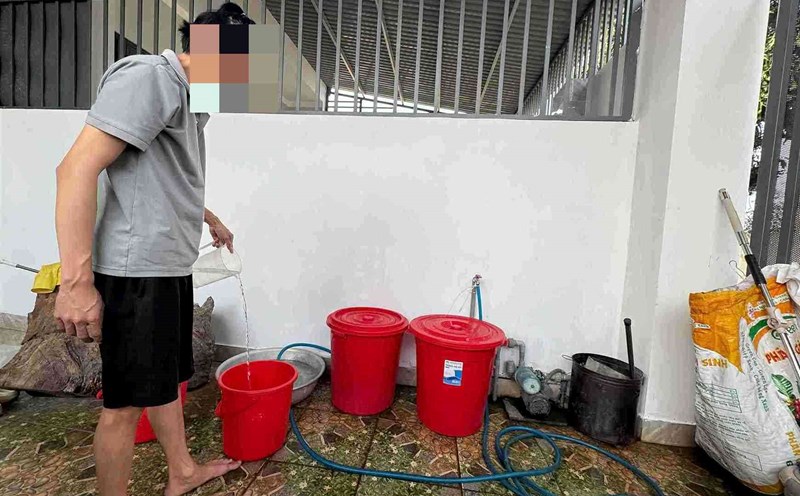The Prime Minister directed this at the meeting of the Government Standing Committee and the Government Party Committee Standing Committee with the Ministry of Education and Training and the Ministry of Health on important draft projects prepared to submit to the Politburo on March 25.
This is a breakthrough decision by the head of the Government, opening up hope to partly solve the problem of medical human resources in remote areas.
Many upper-level hospitals still lack human resources, so the goal of bringing 1,000 more doctors to the facility this year is posing many problems that need to be resolved quickly.
First of all, the health sector needs to have a mandatory rotation mechanism for a certain period of time for doctors who have just graduated or just completed their specialized training. This is a measure to "immediately supplement" the number of human resources for disadvantaged areas.
In parallel, with a team of experienced doctors, it is advisable to apply a special treatment package: higher salary allowances, housing support, living expenses... to attract.
Those who are passionate about their expertise, if given satisfactory incentives, can completely "plug in" at the grassroots level for many years.
Another deep problem that has caused the underlying health sector to operate ineffectively for a long time is often the fact that people have low trust in grassroots health care, leading to a vicious cycle: few patients - low hospital income - difficulty in upgrading equipment, full payment - low quality of medical examination and treatment - even fewer patients...
Therefore, the health sector needs to have solutions to increase confidence by allocating emergency budgets or calling for public-private investment to upgrade essential items such as ultrasound machines, X-rays, basic testing and supplementing a full list of drugs.
At the same time, an online consultation system was established to make it easier for local doctors to connect with the upper level.
If the infrastructure and working conditions are not improved, no matter how good the doctor is, it will be difficult to maintain his skills. This is also the reason why many young doctors are not interested in lower-level diseases, looking for opportunities in large hospitals or the private sector.
Finally, in addition to improving the quality of medical examination and treatment, there is also a need for an incentive mechanism through health insurance, reducing cumbersome procedures, improving service and consultation attitudes.
If the service at the lower level is good enough, the procedures are quick, people will trust to see a doctor at their place of residence. This means that the hospital has a source of income to stabilize finances, pay salaries and reinvest.
Only when the lower level truly affirms quality can people feel secure in choosing, and young doctors have the opportunity to settle down to contribute long-term, and primary health care can escape the vicious cycle of "no doctors, no patients, and then unpaid wages" as has happened in some localities.













